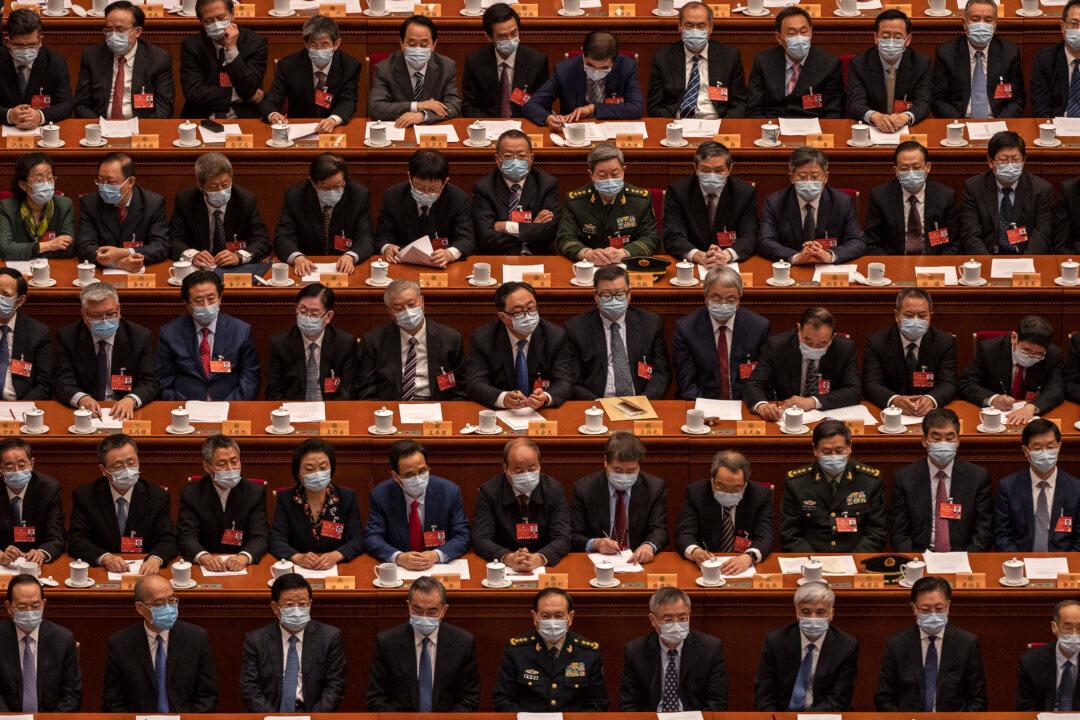Commentary
When asked about the lessons of the Russian invasion, China’s Ministry of Defense put out a bold statement filled with lies that need to be refuted before they gain currency.

When asked about the lessons of the Russian invasion, China’s Ministry of Defense put out a bold statement filled with lies that need to be refuted before they gain currency.